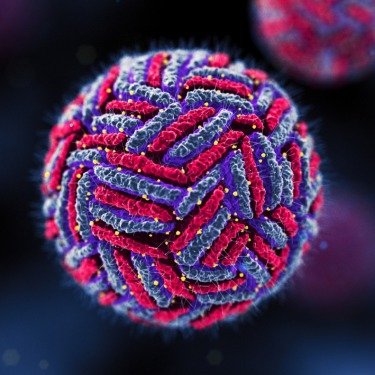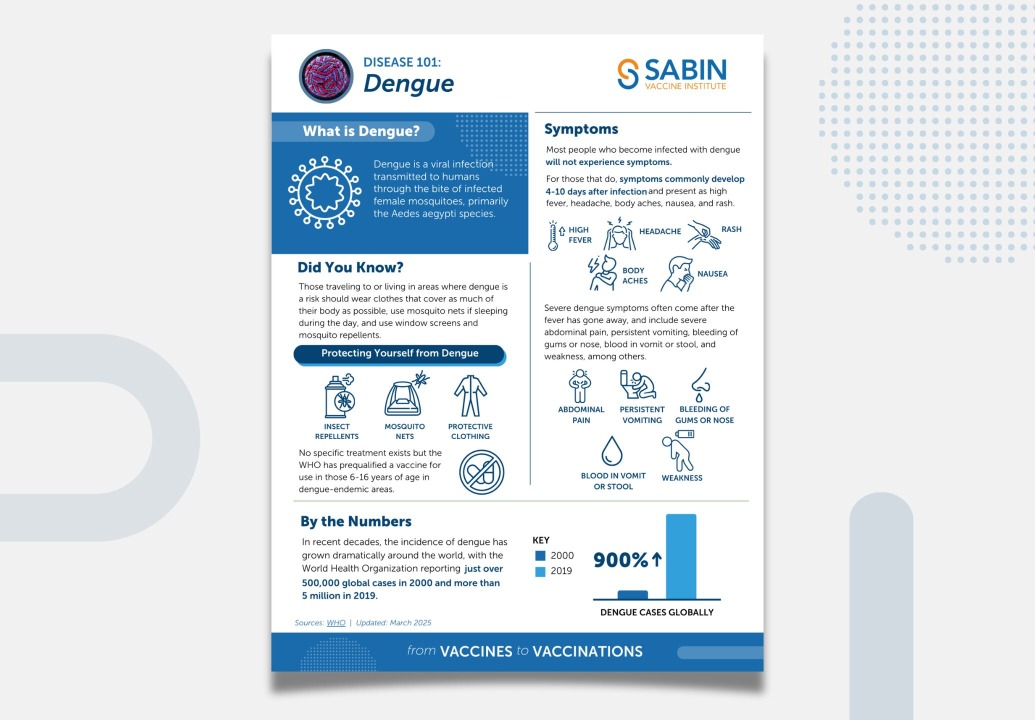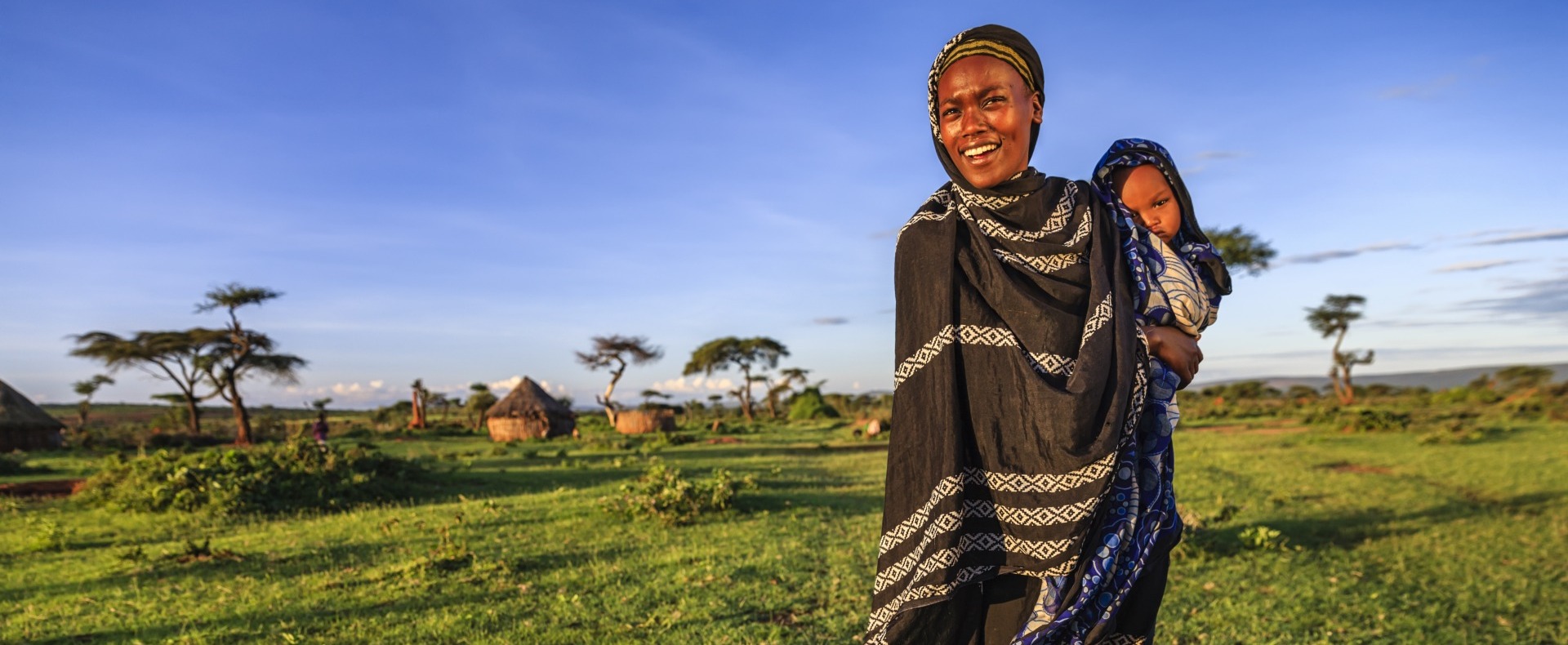
In recent decades, the incidence of dengue has grown dramatically around the world, with the World Health Organization reporting just over 500,000 global cases in 2000 and more than 5 million in 2019.

Dengue FAQ
What is dengue?
Dengue is a viral infection transmitted to humans through the bite of infected female mosquitoes, primarily the Aedes aegypti species.
What are the symptoms of dengue?
Most people who become infected with dengue will not experience symptoms. But for those who do, symptoms commonly present as high fever, headache, body aches, nausea, and rash. Severe dengue symptoms often come after the fever has gone away, and include severe abdominal pain, persistent vomiting, bleeding of gums or nose, blood in vomit or stool, and weakness, among others. People who are infected with dengue for a second time are more susceptible to these severe symptoms.
How quickly does a person experience symptoms after infection?
If symptoms occur, they usually begin 4-10 days after infection and last for two days to a week.
Where have cases of dengue been found?
Dengue is endemic in more than 100 countries in Africa, the Americas, the Eastern Mediterranean, Southeast Asia, and the Western Pacific. Asia represents around 70% of the global burden.
In recent decades, the incidence of dengue has grown dramatically around the world, with the World Health Organization reporting just over 500,000 global cases in 2000 and more than 5 million in 2019. It is spreading to new areas of Europe, the Eastern Mediterranean, and South America.
Is there a treatment for dengue?
There is no specific treatment for dengue. Management of pain symptoms is the primary focus, and most cases can be treated at home with pain medicine like acetaminophen. Drugs like ibuprofen and aspirin are avoided as they can increase the risk of bleeding. If illness turns severe, hospitalization is often needed to manage the effects of the disease.
Is there a vaccine for dengue?
One vaccine has been approved and licensed in some countries but is only recommended for people ages 6 to 16 in high-transmission settings. Several other vaccines are currently being evaluated.
What ways can people protect themselves from infection?
Those traveling to or living in areas where dengue is a risk should wear clothes that cover as much of their body as possible, use mosquito nets if sleeping during the day (when the mosquitos that spread dengue are active), and use window screens and mosquito repellents.
Dengue Incidence
Recommended for You

We make vaccines more accessible, enable innovation and expand immunization across the globe.




